What is a cataract surgery?
A clouded lens is a cataract. Your eye’s pigmented portion is in front of the lens (iris). The retina, the light-sensitive membrane in the eye that works like the film in a camera, receives clean, sharp images from the lens by focusing light that enters your eye. The lenses in your eyes get thicker, less flexible, and less transparent as you get older. Proteins and fibers within the lenses deteriorate and clump together as a result of aging and other medical disorders, clouding the lenses. The cloudiness gets denser as the cataract progresses. A cataract prevents your retina from receiving a well defined image by scattering and blocking light as it travels through the lens. Your eyesight becomes hazy. As a result, a cataract surgery is required.
Both eyes often acquire cataracts, albeit not usually at the same rate. There may be a variation in vision between the two eyes due to the cataract in one eye being further along than the other.
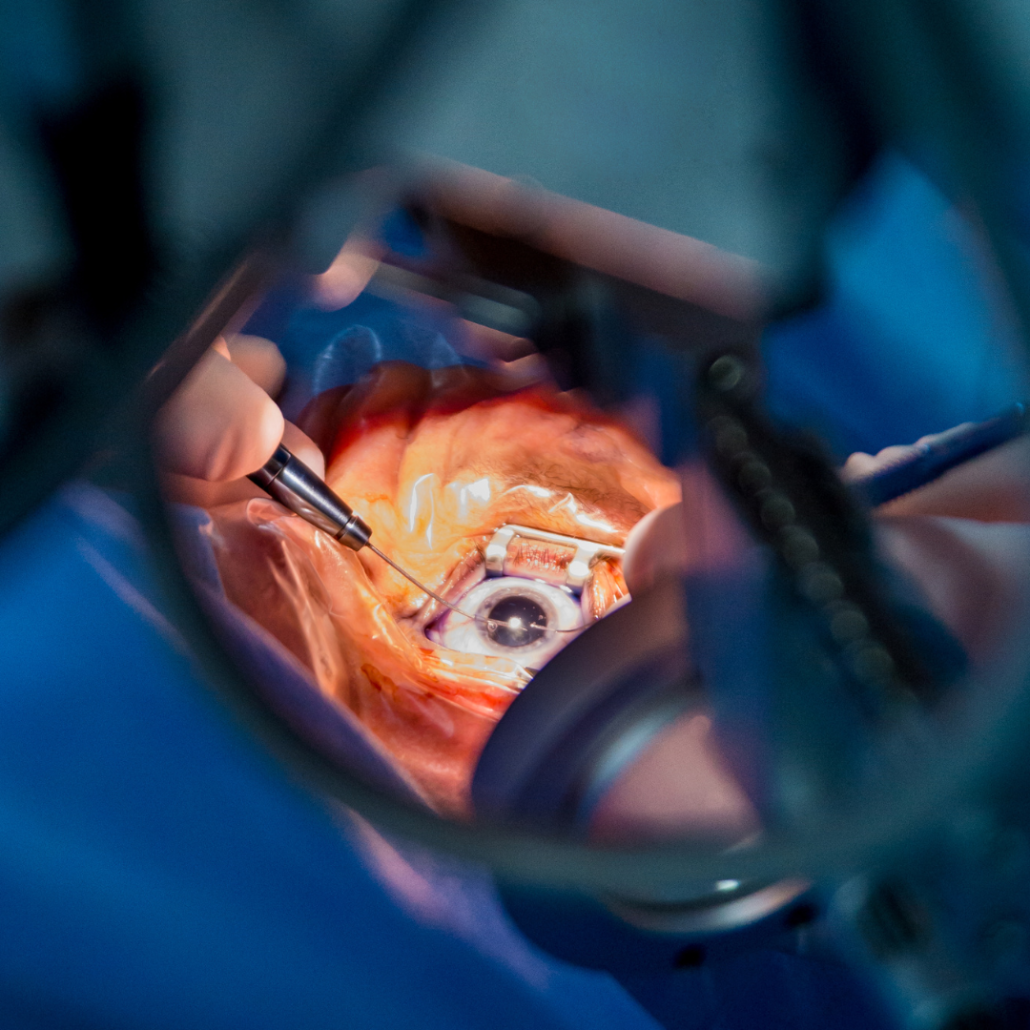
Solution for cataracts?
The only treatment for cataracts is surgery, however you might not require it straight away. You might be able to get by with a fresh prescription for your glasses if you identify the issue early. For a period, a stronger lens may improve your eyesight. Keep a careful eye on how your cataracts are affecting your vision. It’s time to consider surgery when your vision problems start to interfere with your regular activities, particularly if they make driving risky.
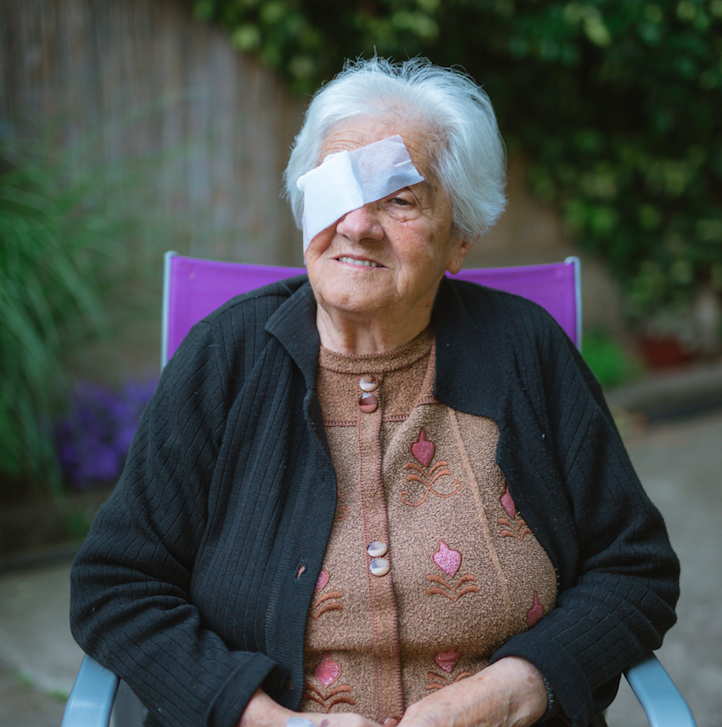
Cataract surgery
There are several cataract surgeries, but they all include the same procedure: Your surgeon removes the hazy lens and replaces it with an artificial one. A procedure on such a delicate area as your eye may make you feel a bit uneasy. But it’s a routine practice. The numbing of your eye will take place with the local anesthetic. Although you’ll be awake, you won’t feel anything.
You don’t have to spend the night in the hospital and it typically takes 15 to 20 minutes. If you have cataracts in both eyes, your doctor won’t operate on the second eye until the first eye has fully recovered. Over 95% of those who have this procedure say they can see better afterward.
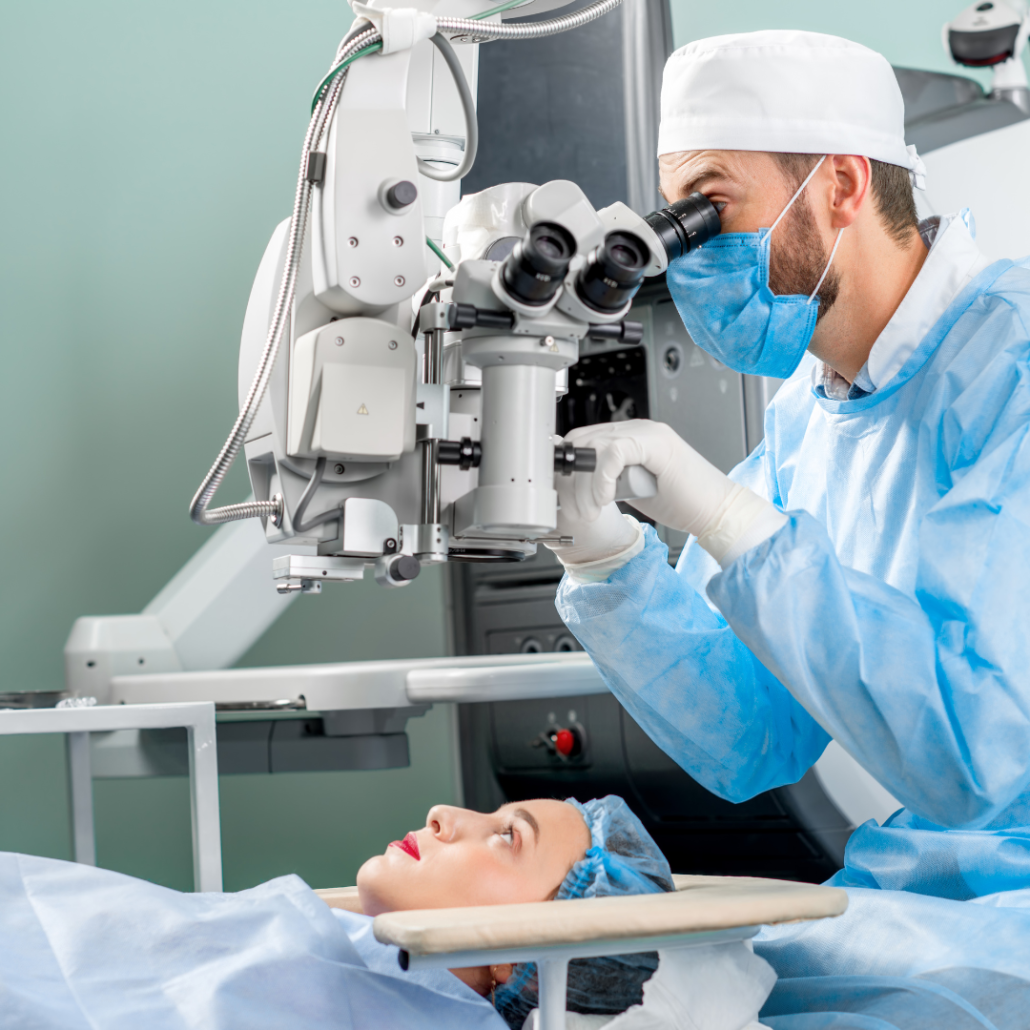
Minimally invasive cataract surgery:
Your doctor can refer to this as phacoemulsification. Where your cornea receives a very little incision from the surgeon. The implantation of your eye is complete with a tiny device that emits ultrasonic waves that disperse your clouded lens. On removal of the parts, the insertion of the artificial lens takes place.
Extensive incisional cataract surgery:
Although treatment is less common, doctors occasionally advise it for bigger cataracts that are more problematic for eyesight than typical. Extracapsular cataract extraction is one name for it. Your doctor replaces your cloudy lens with an artificial one after removing your clouded lens in its entirety. This operation will likely take you a bit longer to recover from than the small-incision kind.
Surgery using femtosecond lasers:
During this procedure, your surgeon separates the lens using a laser. The replacement lens will then be inserted, just like with the previous varieties. If you also have astigmatism, a corneal curvature that causes your vision to be hazy, your doctor could advise you to try this. By reshaping your cornea with the laser during cataract surgery, your physician can address that issue.

Recovery:
Most folks experience a smooth recovery. Depending on the sort of operation you have, the duration varies. However, generally speaking, you’ll find that your vision improves significantly a few days later. You may resume all of your favorite activities within a week or two.
To know more, visit us at Travocure
t

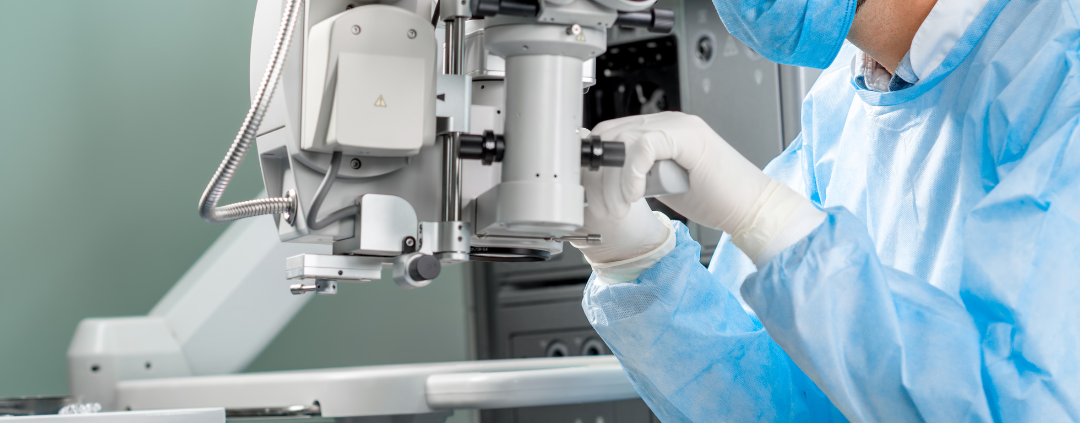





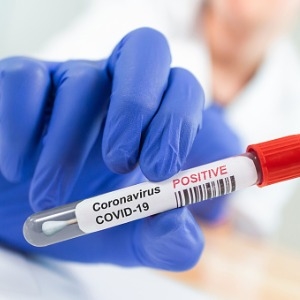








Thanks so much for explaining cataract surgeries and how they can help people. My mom has a cataract in her left eye and it’s gotten so bad that she wants to have it removed. We’ve been looking into finding an optometrist that can do the procedure for her so she can see normally again.
Thank you for admitting that you might feel a little uneasy about having a treatment done on such a delicate place as your eye. My grandfather complains about his eyes being blurry. I’ll take him to get his eyes checked after cataract treatment.
I love that you talked about how anesthetic would be provided for your cataract surgery comfort and safe process. Yesterday, my best friend told me he and his family hoped to find a trustworthy eye doctor to gather information about cataract surgery for his uncle for his cataract concern. He asked if I had thoughts on the best option for consultation. I appreciate the cataract information. I’ll tell him that consulting an experienced eye clinic can help them with more information about the treatment.
It’s great to know that there is a minimally invasive cataract treatment called phacoemulsification wherein a very little incision is one on your eye. My grandmother seems to start developing this condition at the age of 70, and we hope that she can still see when I have my own baby. So we hope that this kind of treatment will be doable for her age and condition once she gets diagnosed with cataracts.